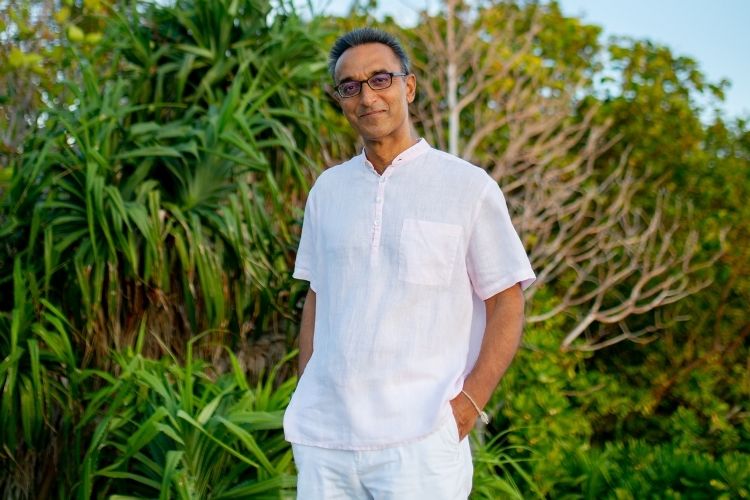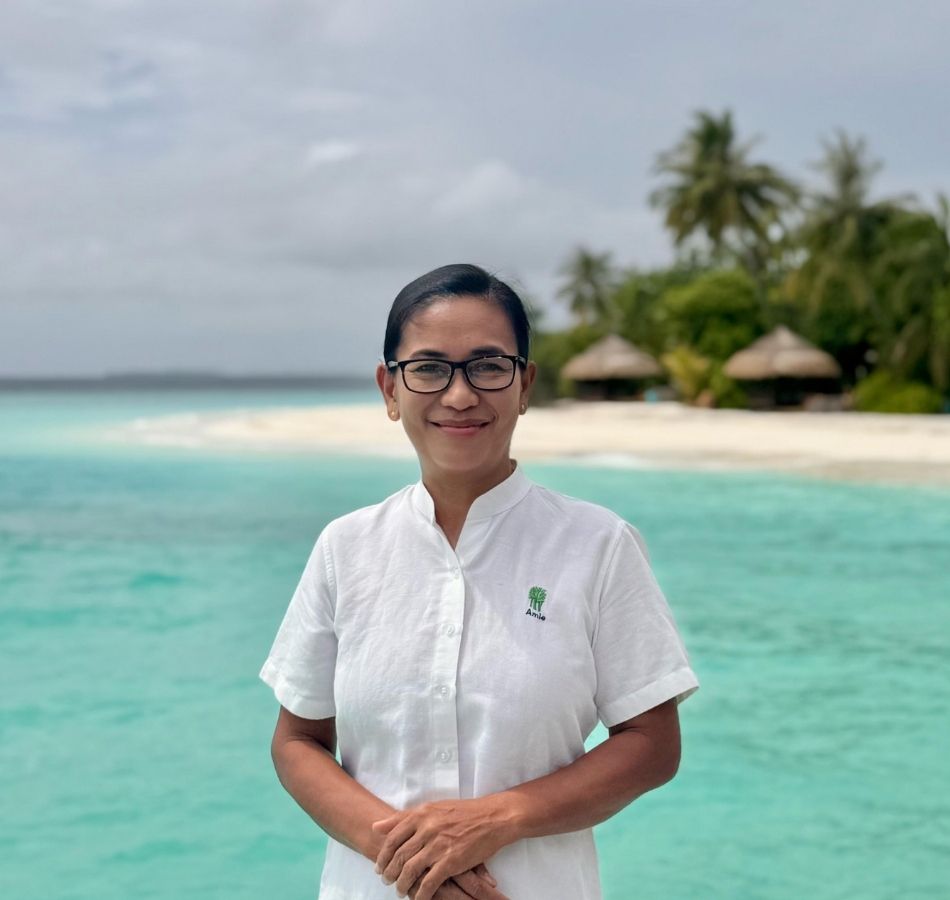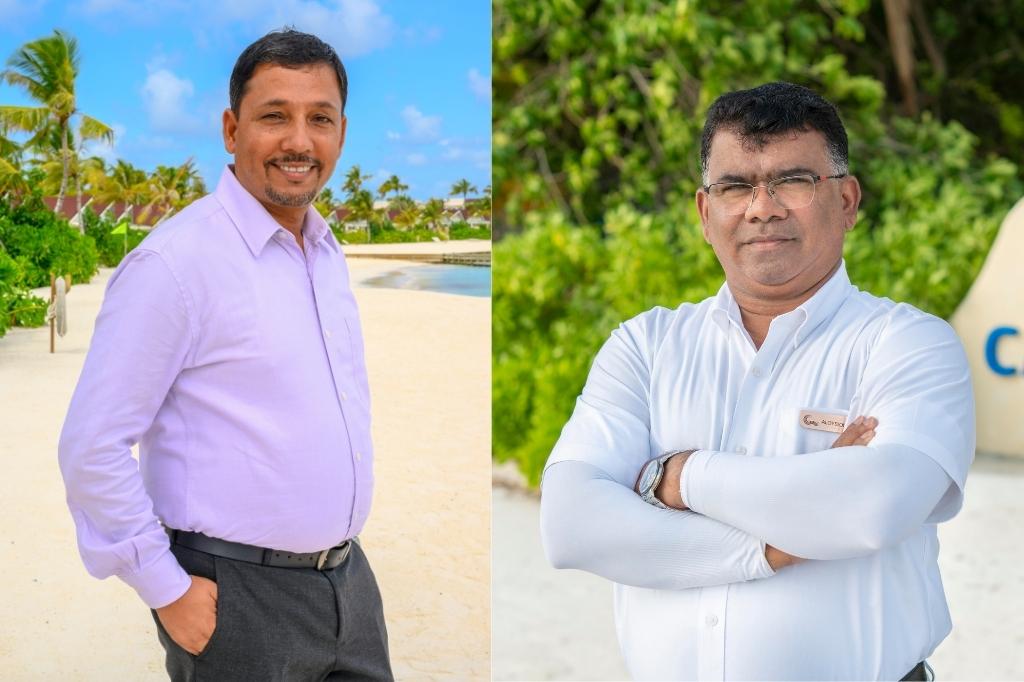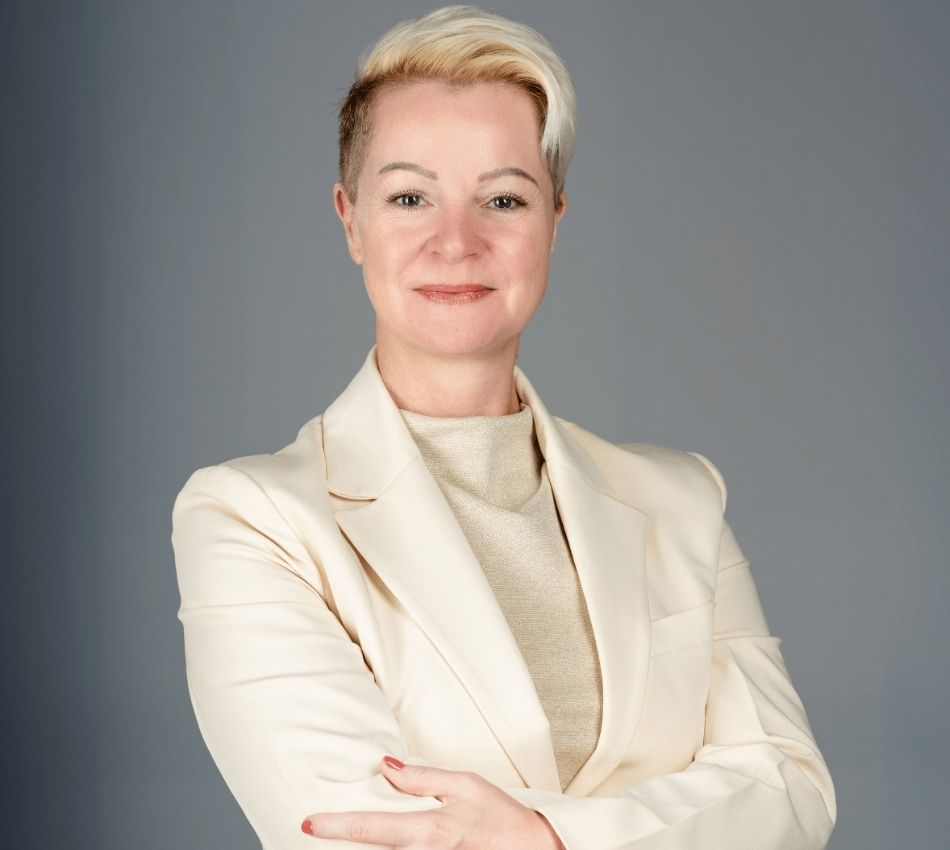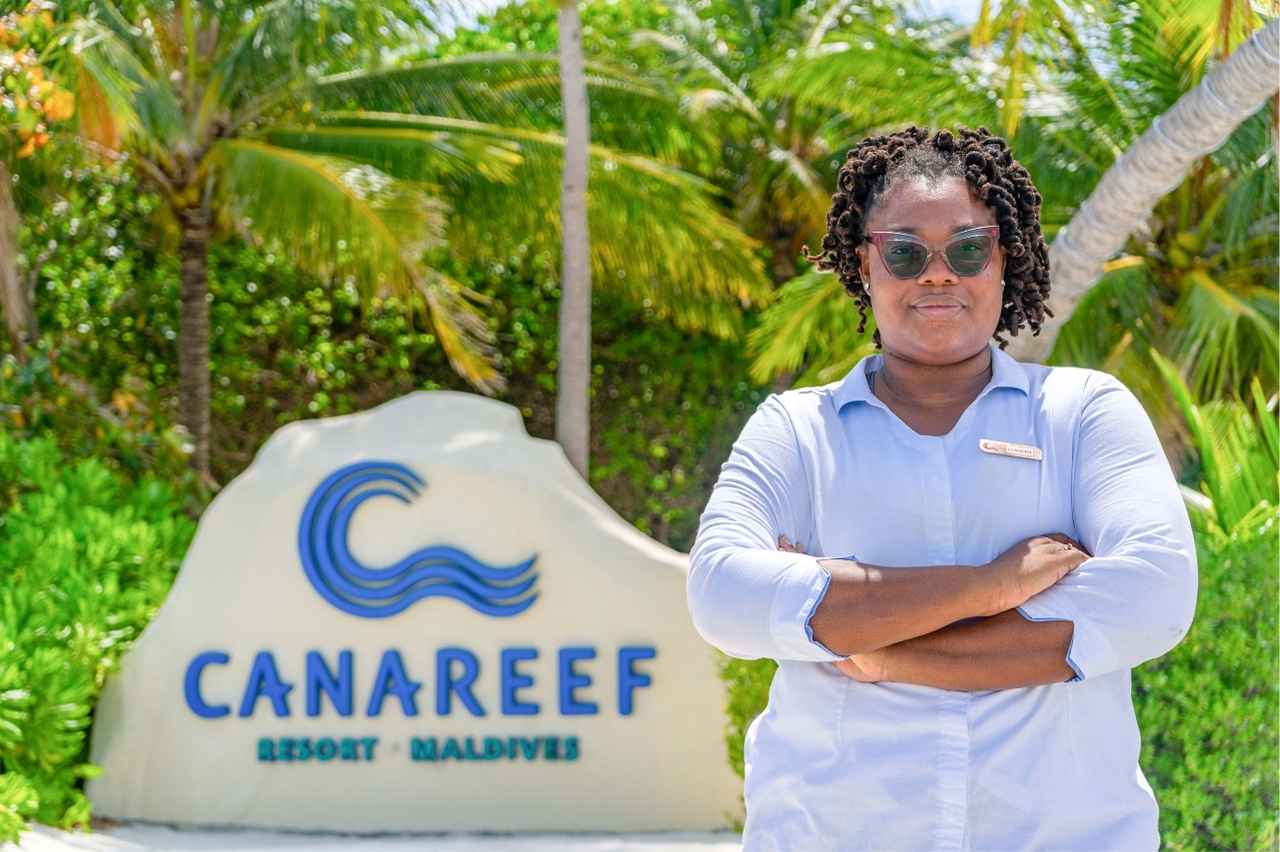This article was written by Sonu Shivdasani, Founder and CEO at Soneva
At Soneva, we adhere to the principle that local is best. Whether it’s food produced by our organic vegetable gardens or the fish we source from neighbourhood fishermen, local produce is always fresher, better tasting, and more sustainable.
Producing things within the country, rather than importing everything from abroad, also makes economic sense. And the greater variety of products and services you produce in-house, the easier it is to diversify the economy, making it more resilient.
In an Op-ed that I wrote last year, I mentioned that, “The Maldives is one of the world’s best places to operate a resort. And yet, the cost of borrowing the money to build one is eye-wateringly high. How do we explain this paradox?”
During a recent conversation with a Male’-based banker, I was told why lending rates in the Maldives are so high: there is a perception of risk amongst the financial community because the Maldivian economy is so dependent on tourism.
As Maldivian President, Ibrahim Solih, said during his National Day speech on November 11, 2020: “COVID-19 has made us realize our economy cannot solely depend on tourism. This is something we have always debated, yet failed to adequately address.”
It’s easy to understand why the Maldives wants to put some of its eggs in baskets other than tourism. COVID-19 has swung a wrecking ball at Maldivian tourism, which in turn has devastated the Government’s finances, foreign currency reserves, and the value of the Ruffiya, which are all dependent on tourist dollars.
Though tourism is recovering since the border re-opened in July, and many resorts (including Soneva Fushi and Soneva Jani) are currently as busy as they were last year, a few good months at the end of the year won’t make up for the carnage of March-July. And so, how to diversify the Maldives — a country that’s 99 percent ocean, and with a small population?
Extracting better value from Maldives’ fish catch
An obvious place to start is in areas the Maldives already does well: fishing. Although the Maldivian fishing industry is already large, much of the value of the fish is in the processing, not the catching.
Here, the Maldives could improve. Instead of selling frozen, whole tuna to Thailand, more money would be made if all Maldivian fish were canned in the Maldives. The Fisheries Ministry recently said as much; announcing plans to expand cold fish storage.
The branding of Maldivian tuna could also be enhanced. The Maldives operates the world’s most sustainable fishing fleet. Every fish is caught by hand, with a pole and line, one-by-one. Nets and long-lines are banned, meaning there is almost no by-catch of sharks, turtles, dolphins and other charismatic or endangered sea creatures.
More could be made of this inherent strength, especially as consumers in Western export markets demand more sustainable food. Maldivian tourism is globally renowned for being the world’s most luxurious. Maldivian fish should be equally known as the world’s most environmentally friendly.
Growing our own food
Although the Maldives is 99 percent sea, let us not forget about what can be done on that 1 percent of land. It’s heartening to see a big government push towards growing more food. There is huge demand, especially from resorts, for locally-grown, fresh produce.
Both Soneva Fushi and Soneva Jani have highly productive fruit, vegetable and herb gardens that supply the bulk of the ingredients for our restaurants. What we don’t produce ourselves, we strive to buy locally to maintain freshness and reduce carbon emissions. Over the summer Soneva also released a series of video tutorials based on our experiences, showing ways to farm in the Maldives, either on a commercial scale or in a window box.
Looking beyond farming and fishing, another opportunity the Maldives could explore further is its relationship with India.
The USD 1.4 billion assistance granted by India in 2018, and the more recent economic aid package, have both been of great help. But, rather than aid, the Maldives should engage with India to see how it can grow its economy both through tourism and non-tourism means to develop closer ties with this populous and economically significant neighbour.
Potential offshore financial hub
For example, the Maldives could enter into a double tax treaty with India. The Maldives could also negotiate with India, to allow Indian citizens to make personal investments in the Maldives and be able to remit more than USD 250,000 – the current Reserve Bank of India limit on any foreign currency remittance by an Indian in a particular year. In addition to this, perhaps more Indians could be allowed to pay for personal investments in the Maldives with Rupees. These Rupees could then be used by the Maldives to buy Indian goods.
With a double tax treaty with India in place, the Maldives could explore the opportunity to become a financial centre. Could the Maldives become India’s offshore financial centre, playing a similar role that Hong Kong does to China?
There is a closer Indian Ocean example; in 1989, Mauritius’ government decided that its economy was too dependent on tourism and sugarcane, so it chose to make the country an offshore financial centre.
Mauritius initiated double tax treaties with 18 African countries and India. Like the Maldives, Mauritius’s tax rate was considerably lower than the 18 African neighbours and India. As a result, foreign investors who wanted to invest in India or these 18 African countries set up companies in Mauritius, helping them to legally reduce their tax bills. There are now 20,000 offshore Mauritius companies.
On average, the basic statutory fees that the Mauritius government charges, such as directors fees, and stamp duties for operating companies, come to USD 5,000 per year. For all the offshore companies registered in the country, these fees tally up to USD 100 million per year — a huge source of revenue for the government.
Moreover, according to a recent report, Mauritius-incorporated offshore companies have USD 630 billion of assets. This is 50 times Mauritius’ GDP. If we assume that these companies achieve a 10 percent return on capital, that means they have net profits of around USD 63 billion. It is likely that the Mauritius Government received more than 1percent of these profits as taxes. Even at 1%, this is the equivalent of USD 630 million of revenue to the Government.
It has taken Mauritius 30 years to get to where it is. If the Maldives starts today, potentially in 30 years’ time, the Government could generate more revenue from offshore finance than from tourism. There are many considerations when setting up an offshore centre. We have recently seen a global backlash against tax havens, so this will require a lot of thought and consideration. But, it is an opportunity.
Second-home schemes and outsourcing
Introducing second home schemes for foreigners is another way to diversify the economy. The government recently changed the law to allow foreigners to become resident in the Maldives if they invest USD 250,000 dollars, and deposit another quarter of a million in a local bank’s fixed deposit account for at least 5 years. Similar programmes, in countries such as Malaysia, are very popular. They make it easier for the government to sell debt and help ease dollar shortages.
Lastly, the Maldives could also look to offshore business process outsourcing, which has made cities such as Bangalore wealthy. These days, a British or American customer ringing into a bank call centre is as likely to speak with someone sitting in Bangalore or Hyderabad as Birmingham or Houston. While the Maldives does not have the huge pool of labour that India does, young Maldivians speak English well, so offshore processing could be done, albeit at a smaller scale.
The Maldives has paid a heavy price this year for its over-dependence on tourism. Nobody predicted COVID-19, or the impact it has had on the economy. But, as any good investor will tell you, the best way to mitigate risk is through diversification.


